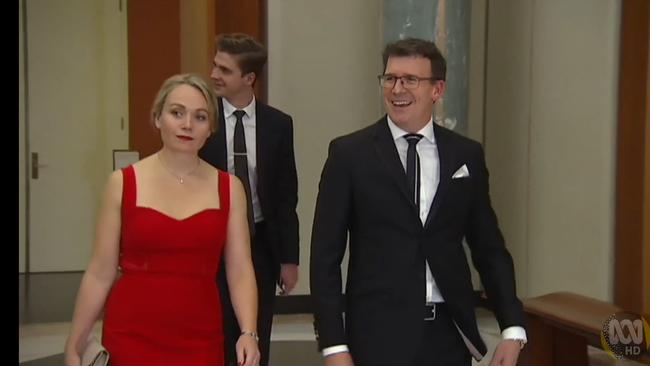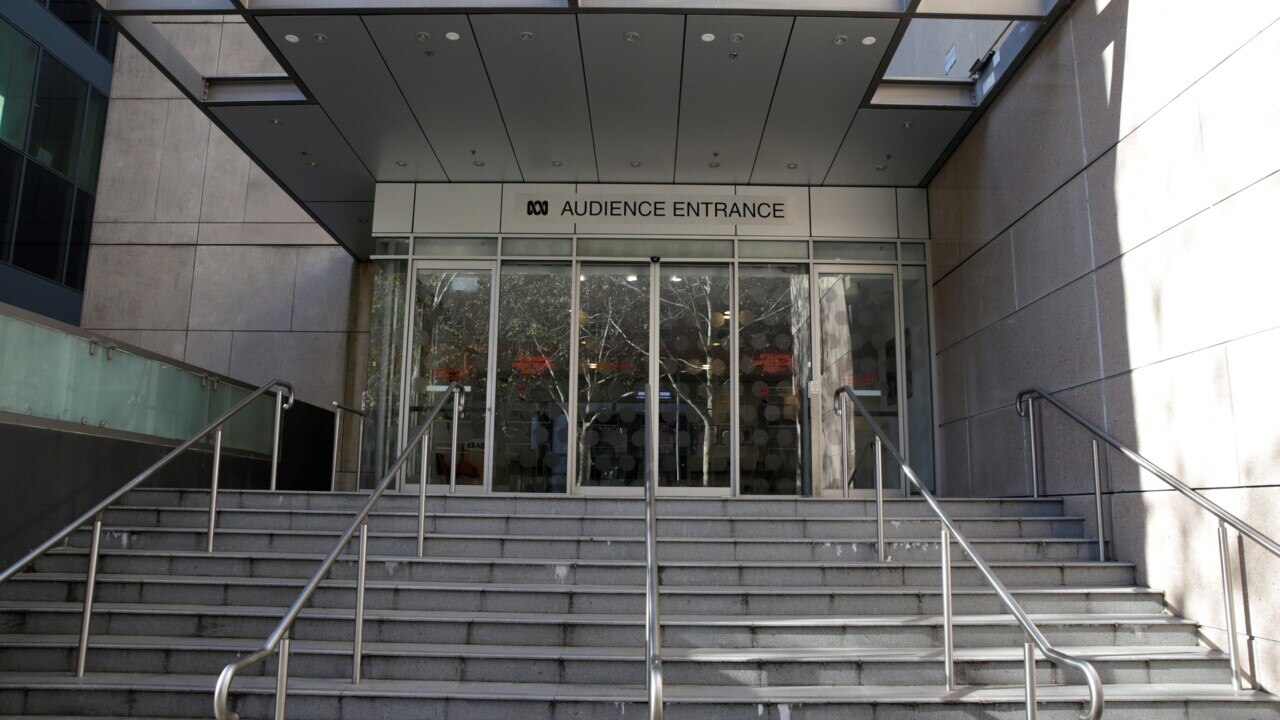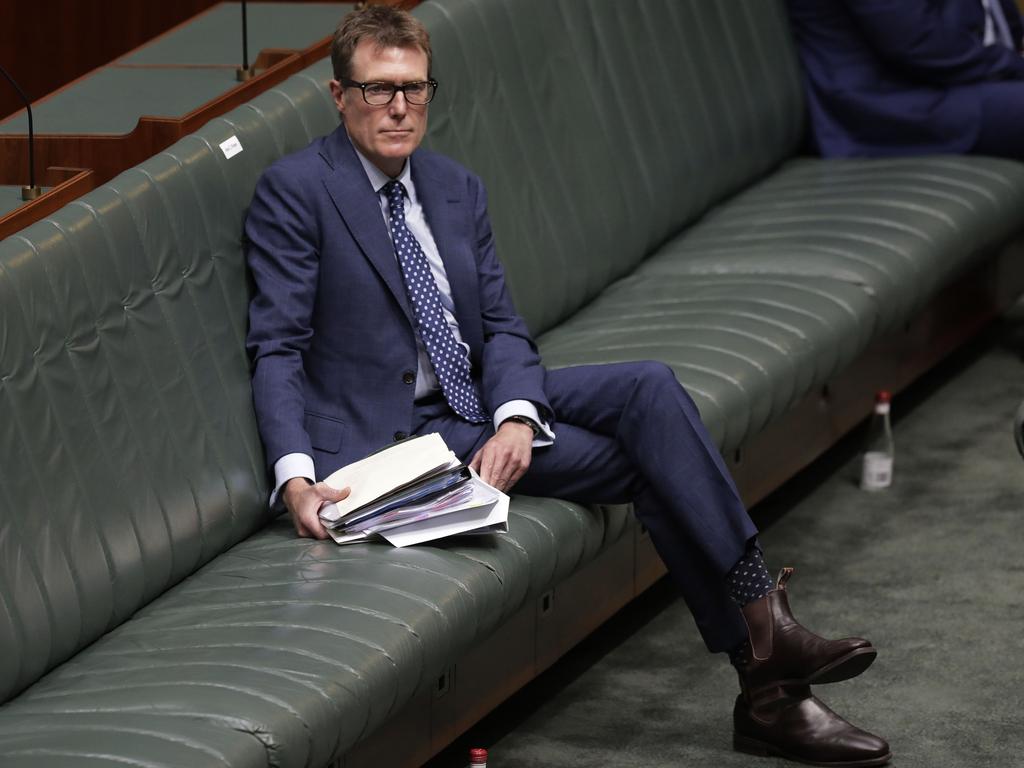ABC Four Corners: Public show trials often leave the other side of the story silenced


Last week, our national broadcaster inadvertently showcased a common pattern to claims of bullying in the workplace. The media circus that has centred around former Liberal staffer Rachelle Miller is a textbook case of a frequent story where a complainant works in tandem with obliging sections of the media, and then social media, cementing bullying claims in the public domain.
Like the #MeToo movement, many in the media routinely suspend their critical faculties when reporting workplace bullying allegations. There are obvious reasons for that. Both share a stronger desire to publicly hang the alleged perpetrator than to hear their side of the story. And neither is interested in considering whether conducting public show trials genuinely serves the interests of women. They prefer a public pile-on even when it undermines a fair hearing and perverts just outcomes in the resolution of workplace bullying claims.

None of us wants to see employees bullied at work. But good intentions do not guarantee sound outcomes. The increasing number of public show trials conducted by the media won’t thrill many women who do not want to be an exhibit in a media circus. Most women simply want a swift, fair and just resolution when they are bullied in the workplace.
Last Monday, Miller featured in Four Corners, speaking to host Louise Milligan about her affair with Liberal Minister Alan Tudge. Miller claimed she was mistreated at work because of that affair. Soon after, Nine Entertainment’s David Crowe published Miller’s formal bullying complaints made to the Department of Finance. Then Miller thanked Milligan and Crowe on Twitter “for helping me find my voice”.
Thank you to the incredible @Milliganreports and @CroweDM for helping me find my voice! https://t.co/dImipgpSha
— Rachelle Miller (@RachelleJMiller) November 11, 2020
Then a chorus line of obliging journalists sided with Miller, revealing their unfortunate lack of curiosity about possible contested versions of her story.
Though excitable journalists have tried to depict the end of Miller’s career in federal politics as a Shakespearean tragedy, the real tragedy is one that Miller, a former media adviser, may understand more than most people.
When you throw an issue into the media, you cannot control where the story goes. That is what is happening with Miller’s claims that she was bullied while working for Tudge and bullied again when she worked as media adviser to Liberal minister Michaelia Cash.
Miller tweeted last week that she spoke out “for my daughters, the inspirational girls, the future leaders who shouldn’t have to bear the constant snuffing of their light. Luceat lux vestra.” Miller may have legitimate complaints. And no doubt she wants to be an inspiration to her daughters. But some might think it better to leave emotional statements to one side so the facts can be discerned first. After all, different versions of events could perhaps dislodge claims to being a role model for young girls.

The Australian has been told by people who worked with Miller when she was in Cash’s office that Miller often spoke about her personal life being in tumult, and that many efforts were made to accommodate the new media adviser and her personal circumstances following her affair with Tudge.
One said Miller would often appear in the office to be on the brink of tears, and anxious. Others that during this time, Miller’s failed relationship with Tudge consumed her. The Australian has been told by more than one person that contrary to Miller’s formal complaint, the media adviser was not disciplined when, due to ongoing family issues, she missed a flight to Melbourne to attend a work event with Cash. The same sources say that Miller was offered leave to deal with her difficulties arising from her personal issues even though it was in the busiest of times leading up to the budget. Miller accepted that offer.
Some from Cash’s office have expressed disappointment to The Australian that Miller has made bullying allegations given the understanding and flexibility she was offered on many occasions to deal with a marriage under strain and children caught in the middle.
Miller’s claim of a “fake” redundancy process is also contested. The Australian understands that Cash’s office sought and received advice from the Department of Finance about the restructure that involved the creation of a more senior and more strategic role to that of Miller’s to deal with Cash’s “super” portfolio that covered Employment and Industry, Innovation and Science. As part of the restructure, Miller was told she was entitled to apply for that role but decided not to, instead choosing a redundancy package.
None of this makes for pleasant reading. It must have been a sad and distressing time for Miller, and others in her life. Maybe it still is. But when bullying allegations are launched in the public domain, the public will wonder whether there is another side. On that note, The Australian understands that Miller’s bullying claims against Tudge are also strongly contested.
Unfortunately, when a story starts out as a media circus, the public rarely hears the other side. A former media adviser might understand why that is. Those who are accused of bullying are told by lawyers and media advisers to speak only off the record, and preferably not at all. Putting their side merely extends the life of the media show trial that is never going to fairly present their side.
This reality makes it very hard for the Department of Finance, or any other investigating body, to get to the bottom of bullying complaints that are played out in, and by, the media. And herein lies the potential for corruption of any formal processes put in place to deal with bullying.

When there is a strategic strike in the media by one side, and the other side thinks, not unreasonably, that they cannot get a fair hearing by responding, it raises the likelihood of payouts even for spurious claims. Without judging Miller’s claims — that is for the Department of Finance — it is no surprise that, whether based on misinterpreted events or done with more malicious intent, bullying claims have become de rigueur when workplace performance matters are at issue.
No employee likes to hear their work is not up to an expected standard. Some may lift their game or accept that the job was never the right fit for them, or decide the job no longer suits their personal circumstances. But others will respond by making allegations of bullying using the flimsiest of claims rather than face reality.
And as many employment lawyers will tell you, these claims are often quietly paid out as a cost of doing business because that is cheaper, and simpler, than fighting to defeat a bogus claim.
The other reason that bullying claims are so commonplace is that there is often no downside to making a claim. If employers roll over easily, there is a high chance that a former employee will secure a payout. That encourages more dubious claims; a case of nothing ventured, nothing gained. If there were penalties for false claims, there might be fewer of them.
Though sections of the media are convinced they are crusading for women and justice, they ought to remember the culture of a workplace only changes when bullying is taken seriously. When bogus claims are paid as a cost of doing business, genuine cases of bullying may not be taken seriously.






